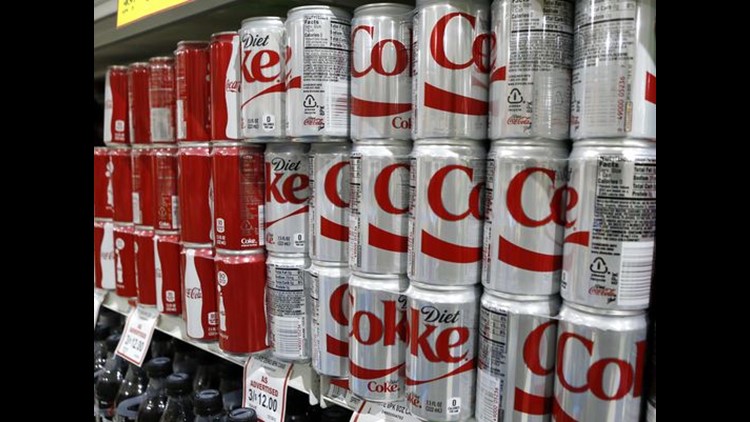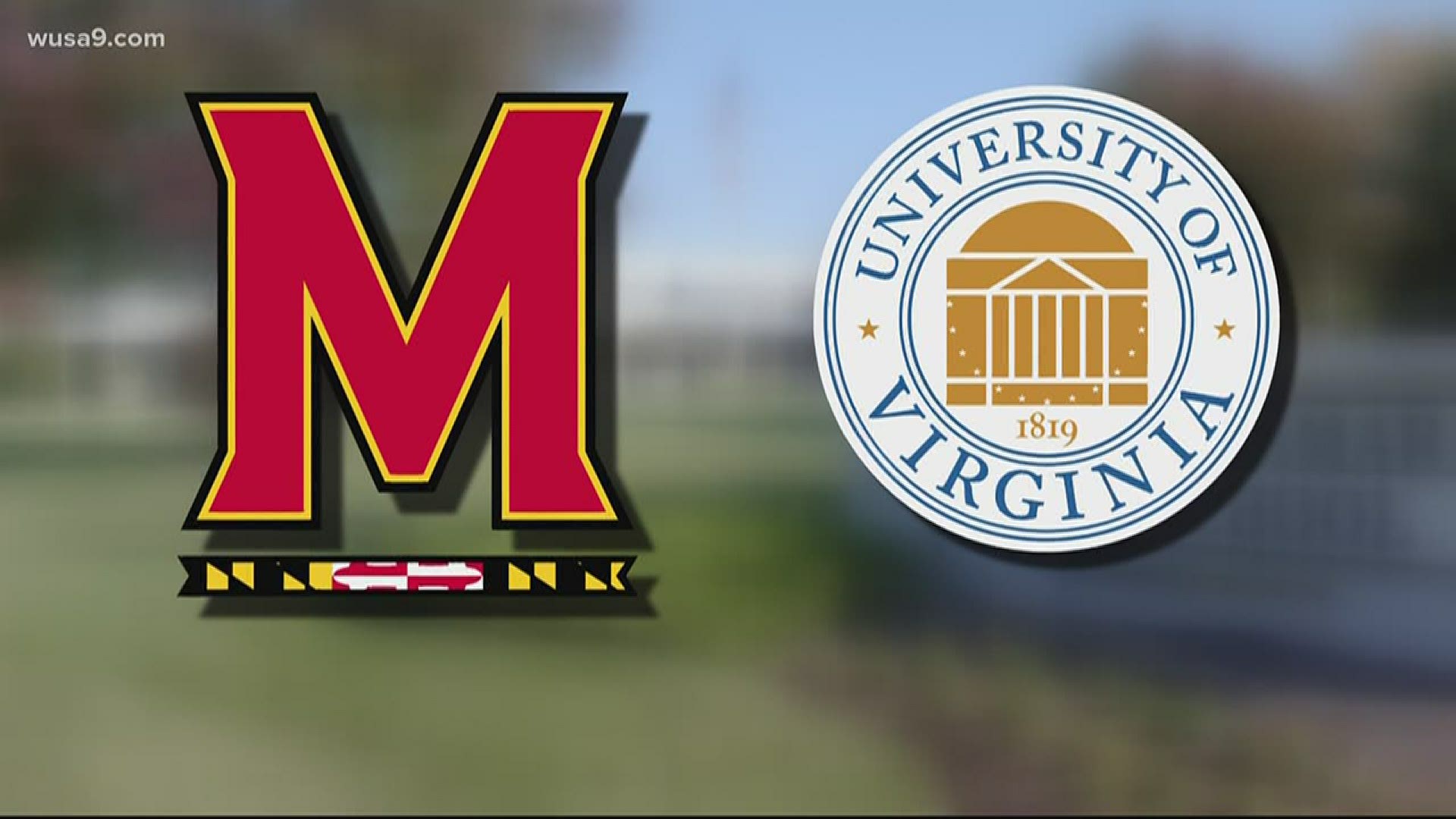Coca-Cola CEO Muhtar Kent is pushing back against the narrative that's come to define the soda industry in recent years: that customers are shunning the sugary drinks over health concerns.
In reporting the company's second quarter earnings Wednesday, Kent was adamant on a call with media that soda lovers are still out there, they're just consuming smaller amounts of the syrupy beverages.
Coke's sales took a harsh dive in the quarter ended July 1 as global volume, a measurement of liters sold, went flat. But Kent said that's an expected side effect of the company's strategy to hawk smaller sizes and packages of soft drinks at a higher margin, a bid to bump up revenue for a segment that's been struggling to sell.
"Consumers are still buying and spending money on sparkling beverages," he said, adding that sparkling accounts for "the vast majority" of spending on non-alcoholic, ready-to-drink beverages.
The company also said that it suffered from foreign currency fluctuation and macroeconomic challenges in particular markets such as China and Argentina. Coke lowered its yearly sales forecast and now expects organic revenue growth of 3% for 2016, compared to a previously estimated 4%-5% gain.
Shares of the company fell more than 3% in morning trading.
The beverage maker said sales fell 5% to $11.54 billion, from $12.16 billion in the year-ago quarter. Analysts expected sales of $11.63 billion, according to S&P Global Market Intelligence.
Still, Coke beat estimates for earnings, which came to $3.45 billion, up 11% from $3.12 billion in the year-ago quarter. Earnings per share came to 79 cents, or 60 cents adjusted for one-time costs. Analysts expected Coke to earn 58 cents a share.
Soda consumption has been gradually falling off for a decade, leading companies to shift more focus toward options such as water, tea and coffee. Sparkling beverage volume for Coke fell 1% in the quarter. But still beverages are gaining traction, with volume up 2%, despite the juice category falling off in China.
With that in mind, executives are eyeing opportunities to better position Coke as a seller of premium waters. Coke owns brands Dasani and SmartWater. Indeed, bottled water is on track to overtake soda as the number-one selling beverage in the U.S.
While competitors such as PepsiCo also have a broad portfolio of snacks that can help keep business thriving, Kent indicated that Coke does not have plans to move into food.
"Right now we are intently focused on creating further value on what we are in today," he said.



